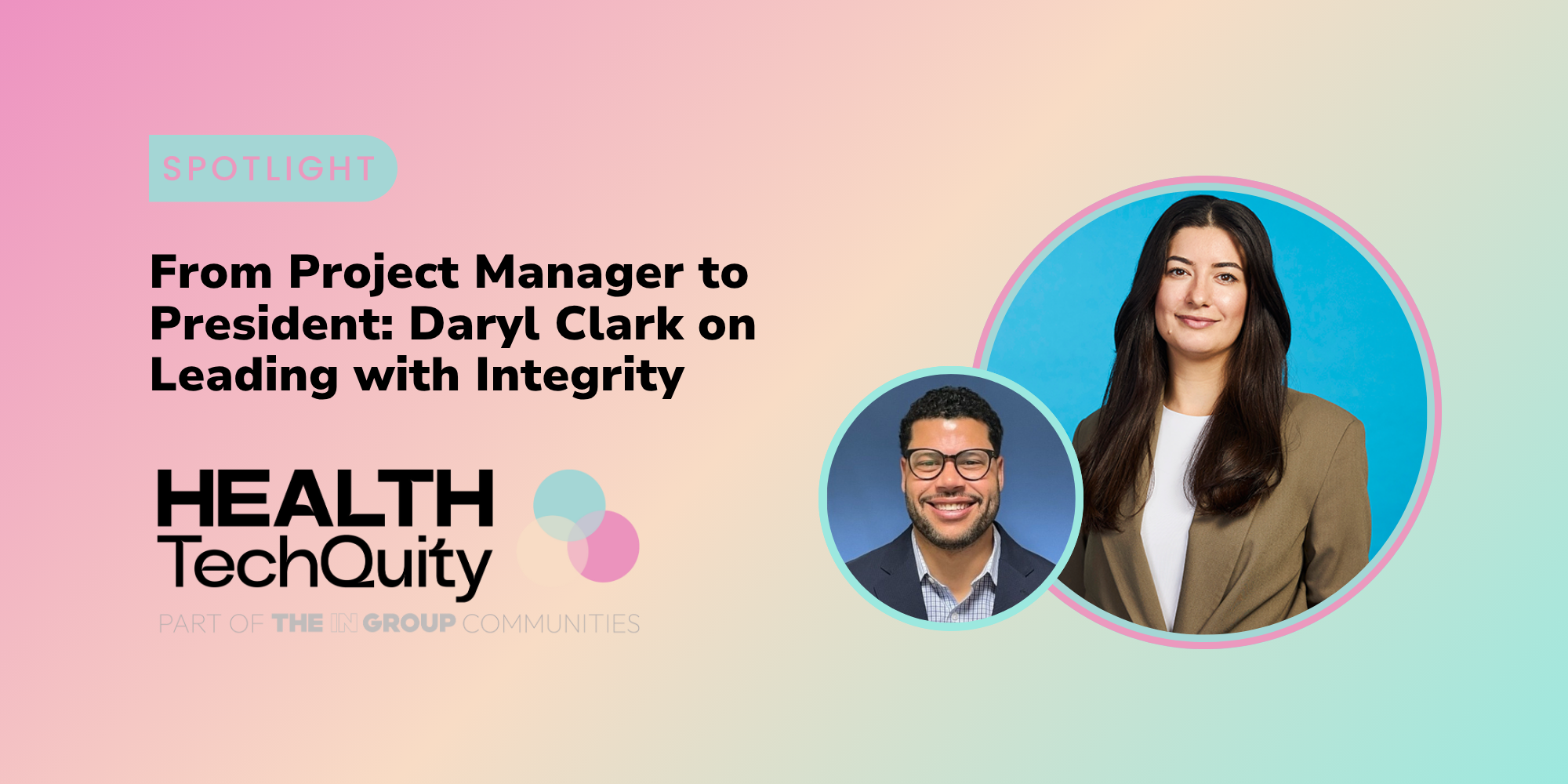In our latest HealthTechQuity Spotlight, we sat down with Daryl Clark, President of a privately owned medical device company, to hear about his unconventional journey into healthcare, his leadership philosophy, and the personal mission that fuels his work.
Daryl’s path into MedTech wasn’t traditional far from it. Originally drafted to play professional baseball, he spent five years in the minor leagues before stepping away and starting a new chapter. With no direct experience in the industry, he landed a project management role at his current company and began to build a career from the ground up. Seventeen years later, he now leads a dual-model business, one arm focuses on direct hospital sales of dialysis and oncology catheters, while the other offers contract manufacturing services using polyurethane and silicone materials. His rise from entry-level to president highlights the value of perseverance, adaptability, and the power of being given a chance.
That theme of purpose is central to Daryl’s approach to leadership. Reflecting on his grandmother’s battle with breast cancer, he shared how that personal experience instilled in him a drive to make a real difference in patient care. One of the company’s core products an oncology port called Dignity was designed specifically to help women maintain confidence and comfort during treatment. For Daryl, doing work he’s proud of is non-negotiable. It’s not just about products; it’s about impact.
A former athlete, Daryl brings lessons from the field into the boardroom. He credits Hall of Famer Rod Carew with one of the best pieces of advice he’s ever received: when things get difficult, go back to basics. That simple but powerful idea has helped him navigate complex business decisions and personal challenges alike. He believes that fundamentals whether in baseball, business, or leadership are often the key to overcoming setbacks.
When discussing the state of the MedTech industry today, Daryl is candid about the challenges. He points to regulatory burdens, particularly the costs associated with Europe’s MDR requirements, as well as the growing dominance of mega-mergers in the space. For mid-sized companies like his, these factors create serious barriers to entry, making innovation and competition increasingly difficult. He also raises a red flag about the rise of AI in hiring and operations, suggesting that overreliance on automated systems could stifle diversity of thought and exclude non-traditional candidates the very people, like himself, who can bring fresh perspectives to the table.
Asked to name a company reducing the HealthEquity gap, Daryl instead spotlighted an individual: Dr. Ala Stanford, founder of the Black Doctors Consortium. Her grassroots work during the COVID-19 pandemic bringing vaccines and care directly into underserved communities left a lasting impression. To Daryl, her approach represents the essence of equity: listening, showing up, and addressing people’s needs where they are, not just through big platforms or tech solutions.
Daryl closed the interview with a question he believes more companies should be asking themselves: what are you doing to promote more diverse viewpoints in your organisation? It’s a timely reminder that real innovation comes from inclusion, and that healthcare at its best is deeply human work.

.png)